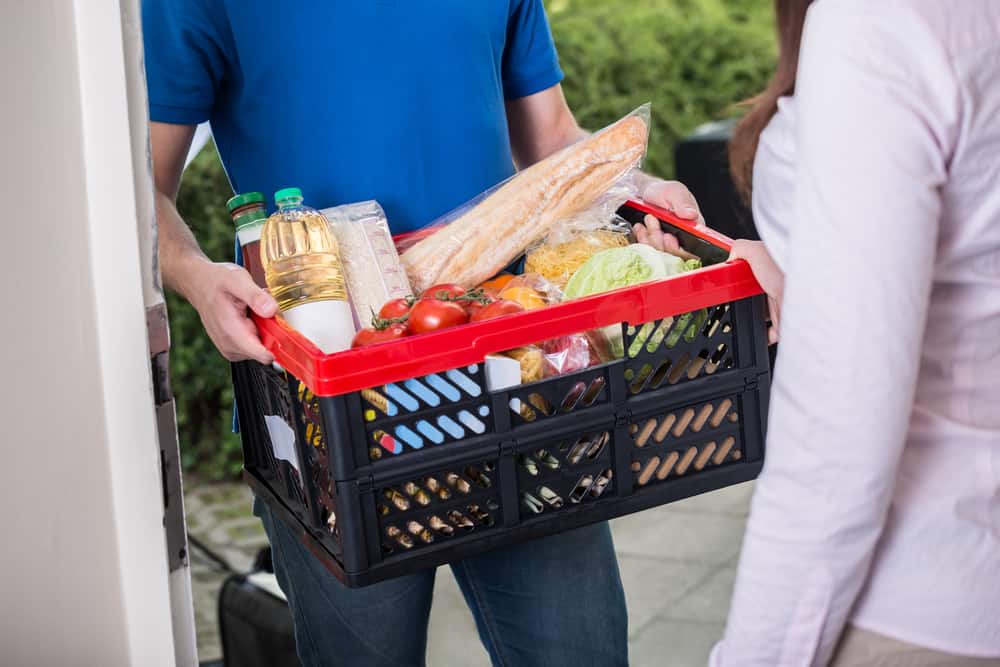UK inflation slowed to 10.1% last month, compared with 10.4% the month before, despite a record surge in food inflation.
According to the Office for National Statistics (ONS), food prices rose to 19.1% last month, the highest increase in 45 years.
The data revealed, household staples such as bread, cereals and fruit prices increased, while the impact of vegetable shortages also continued to weigh on inflation at the beginning of the month.
Click here to sign up for our newsletter
However, overall inflation was affected by other areas including clothing and footwear, which saw a 0.9% drop from 8.1% to 7.2% in March, whilst, furniture, household equipment and maintenance figures dropped from 8.7% in February to 8% in March.
Commenting on the new inflation figures for March, ONS chief economist Grant Fitzner said despite inflation easing slightly in March it still “remains at a high level.”
“The main drivers of the decline were motor fuel prices and heating oil costs, both of which fell after sharp rises at the same time last year. Clothing, furniture and household goods prices increased, but more slowly than a year ago,” he said.
The British Retail Consortium CEO Helen Dickinson added: “While households will be pleased to see that inflation may have passed its peak, prices are still high.
“Food prices, especially for fruit, vegetables and sugar, rose as poor harvests in Europe and North Africa reduced availability, and the weak pound made importing more expensive.
“Meanwhile, discounting helped inflation to ease in other areas such as furniture, and clothing and footwear.”
Image credit: Shutterstock









